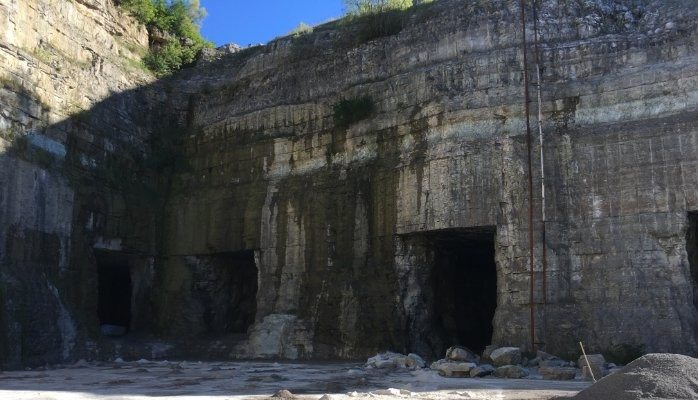For those following the recent SEC proposed rule for property disclosures from mining registrants, the deadline to submit comments has been extended 30-days, to September 26, 2016. A number of insightful comments have already been submitted from the likes of the Society for Mining, Metallurgy, and Exploration (SME) and the American Institute of Professional Geologists (AIPG), among others. The comments are worth reading, as they offer insight into the many perspectives within our minerals industry.
This post will focus on “us,” the professionals. I’ll warn readers in advance that this is not a particularly sunny topic, but it’s an important topic. When do we discern that we, in fact, are not qualified to report on mineral reserves and when do we discern that we need to engage additional qualified persons on a project?
As an appraiser, a minerals appraiser or real estate appraiser, there is no requirement that the appraiser be competent prior to accepting an assignment. This is plainly spelled out in the Uniform Standards for Professional Appraisal Practice (USPAP) under the Competency Rule.
“An appraiser must (1) be competent to perform the assignment; (2) acquire the necessary competency to perform the assignment; or (3) decline or withdraw from the assignment. In all cases, the appraiser must perform competently when completing the assignment.”
By contrast, those who are regarded as qualified persons for reporting mineral reserves must already have competency. From the SME Guide, which mirrors CRIRSCO:
“A [qualified] person must have a minimum of five years relevant experience in the style of mineralization and type of deposit under consideration and in the activity which that person is undertaking.”
For the minerals professional and minerals appraiser alike, these two diametrically opposed ideals will surely generate some level of emotional response. Neither will have a ready willingness to decline or withdraw from [an] assignment, and some will try to rationalize having a minimum of five years relevant experience when maybe they do not. The real test, however, is simple; “Are you able to report in a manner that you can defend in an earnest review from your peers?” In my own experiences, I have had at least one such review from a Lender’s Technical Advisor (LTA), and I can attest that a statement of minerals reserves will be reviewed by peers with a high degree of prejudice and scrutiny. On many large projects with several million dollars of investment involved, one would be wise to have multiple qualified persons each with expertise in different areas that complement one another. Neither of these realities lend themselves to “fast” nor “cheap” when it comes to reporting, which only leaves us with “good” being the prime objective.
I invite readers to comment and share their thoughts on this most contemplative subject. For some, the rules are changing rapidly and none of us want to be the subject of a bad quote.
“You have been weighed, you have been measured, and you have been found wanting.”

